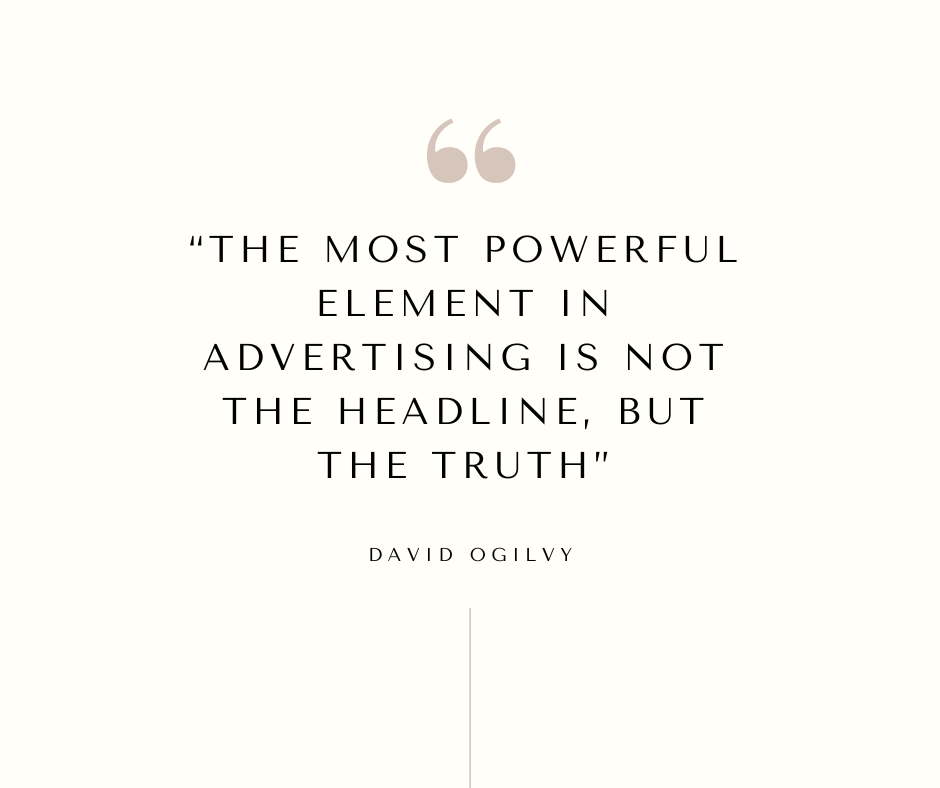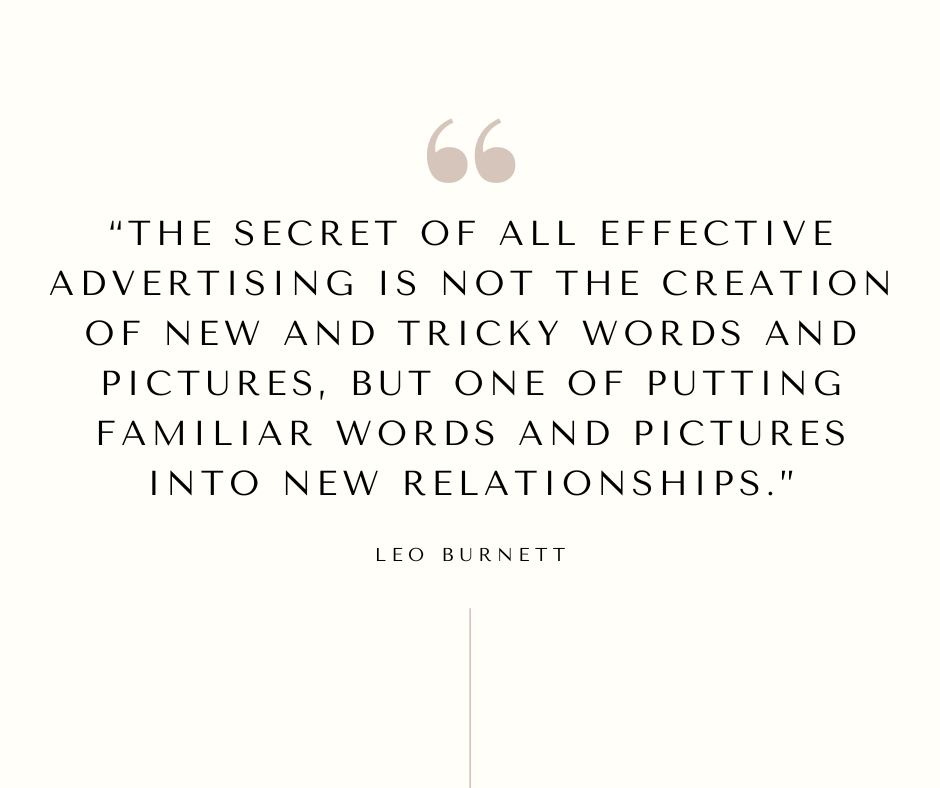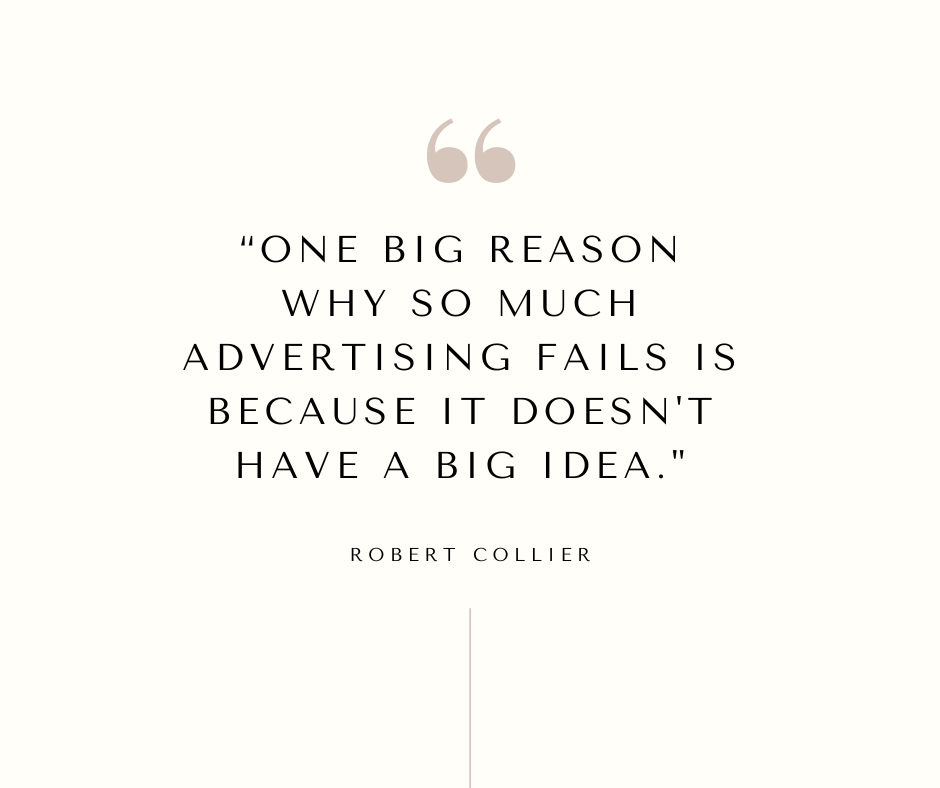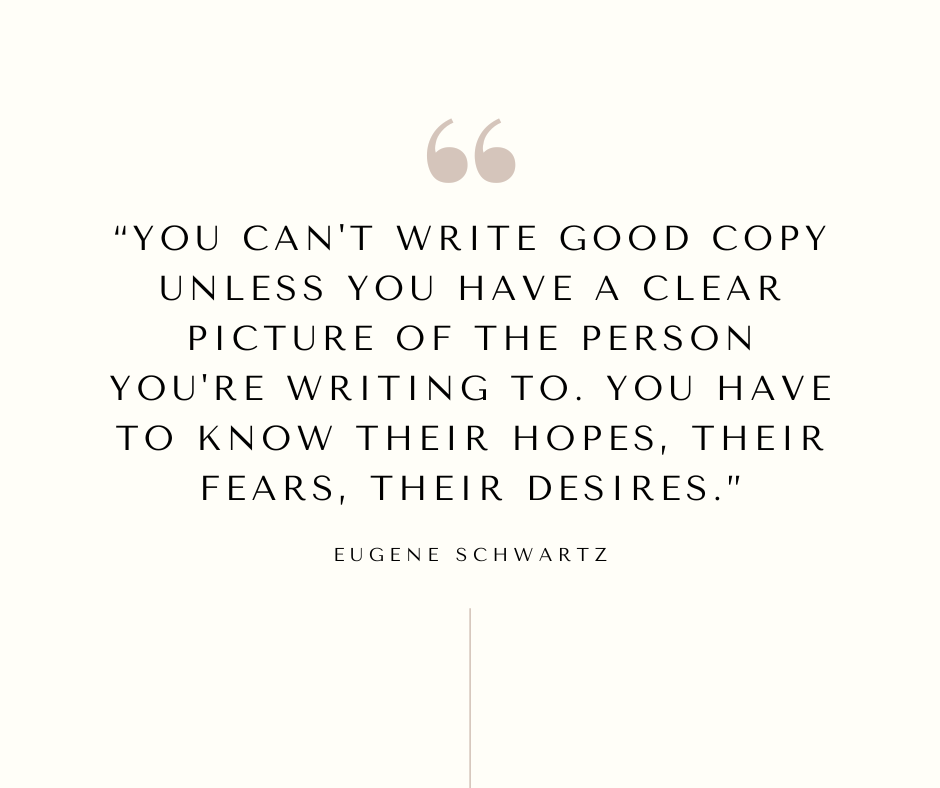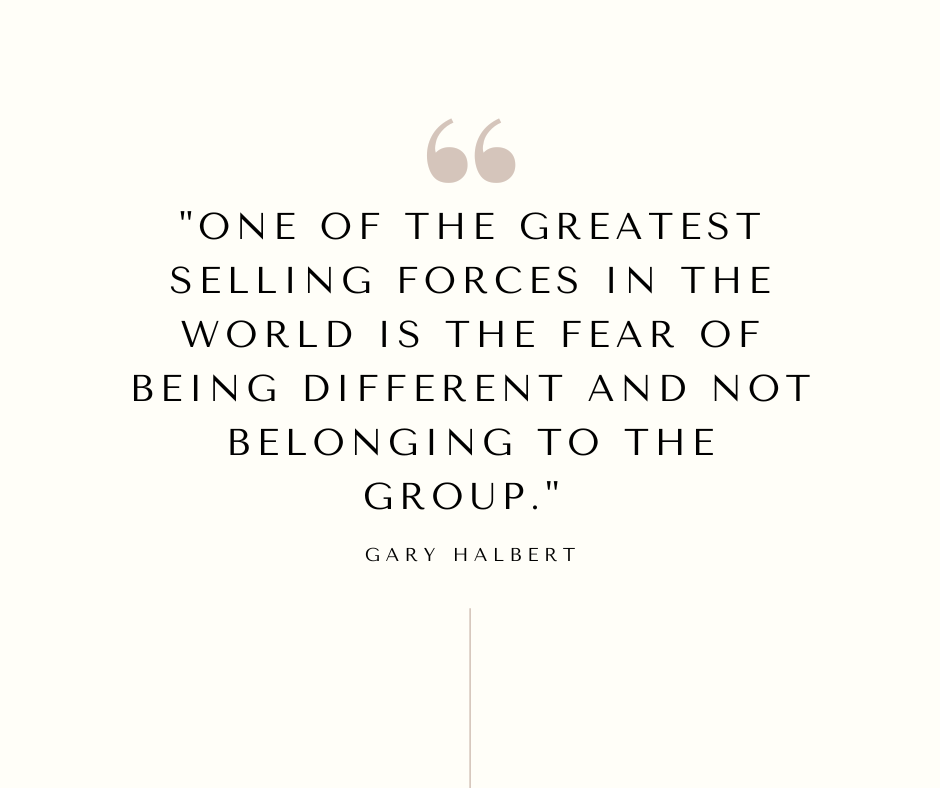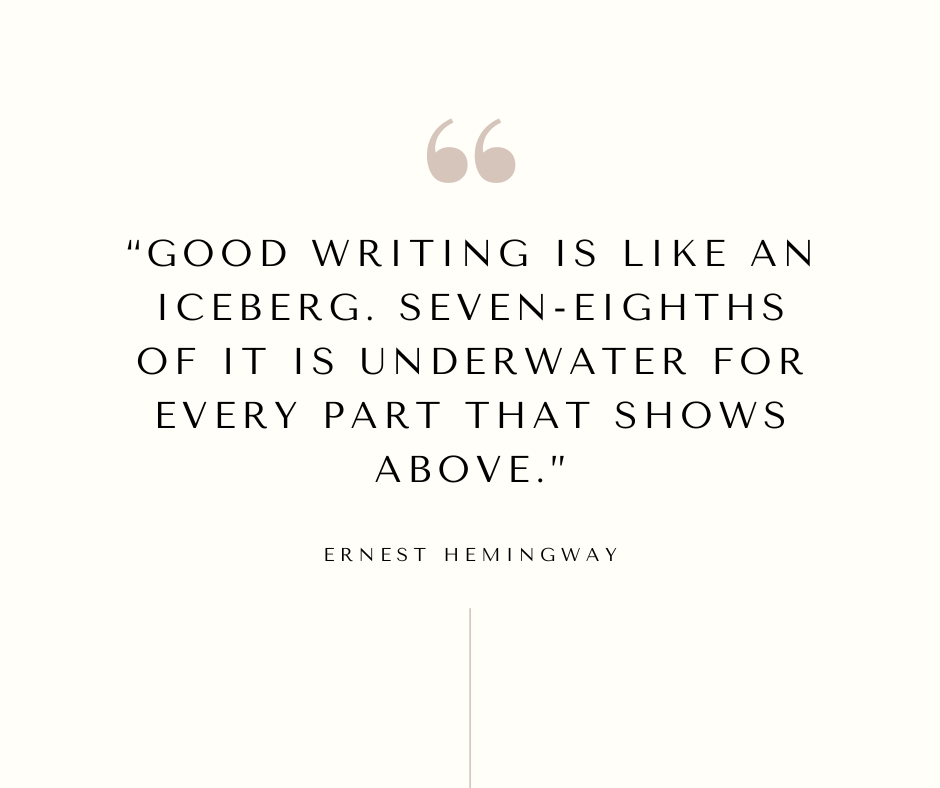Words have the power to ignite emotions, drive action, and, ultimately, shape success in the world of business. For copywriters, wielding this power requires technical proficiency, a spark of inspiration, and a deep understanding of people. Thankfully, countless legendary wordsmiths have paved the way, leaving behind a treasure trove of best copywriting quotes designed to inspire and guide aspiring writers.
David Ogilvy, the legendary “father of advertising,” famously said, “The most powerful element in advertising is not the headline, but the truth. *” His words resonate deeply, reminding us that building trust with your audience is the biggest thing in copywriting. Flashy visuals and clever turns of phrase may grab attention, but genuine connection and transparency are the keys to unlocking long-term success.
Leo Burnett, another advertising titan, emphasized the importance of establishing a direct conversation with your target audience. He stated, “The secret of all effective advertising is not the creation of new and tricky words and pictures, but one of putting familiar words and pictures into new relationships.” This quote underscores the power of using familiar words to connect with your audience and forge a connection based on shared understanding rather than relying solely on tricky words that might confuse or alienate you.
Robert Collier, a master of salesmanship, highlighted the crucial role of a big idea in capturing attention. He stated, “One big reason why so much advertising fails is because it doesn’t have a big idea.” This idea acts as the foundation of your copy, guiding the message and ensuring it stands out in a sea of competing voices.
Eugene Schwartz, a pioneer in sales and marketing, emphasized the power of a clear picture. He said, “You can’t write good copy unless you have a clear picture of the person you’re writing to. You have to know their hopes, their fears, their desires.” Understanding your target audience and their specific needs surrounding a particular product is the first thing in effective copywriting. It allows you to tailor your message to resonate with their unique desires and fears.
Beyond these giants, countless other voices have enriched the tapestry of copywriting wisdom. Gary Halbert spoke to the power of social proof, stating, “One of the greatest selling forces in the world is the fear of being different and not belonging to the group.” Understanding the human desire for connection and acceptance can be a powerful tool for influencing decision-making.
Ernest Hemingway, renowned for his minimalist writing style, offers a valuable lesson for copywriters. He said, “Good writing is like an iceberg. Seven-eighths of it is underwater for every part that shows above.” This quote emphasizes the importance of editing and focusing on the one selling point that genuinely resonates with your audience, ensuring your message is clear and concise.
While these are but a few examples, the world of copywriting is filled with the best copywriting quotes and wisdom from icons like Claude Hopkins, Seth Godin, Ann Hadley, Joanna Wiebe, Shirley Polykoff, Jay Abraham, Howard Gossage, and Carline Anglade-Cole.
This collection of quotes should not be viewed as a set of rigid rules but rather as a combustible force to ignite your creative fire. The best way to use these insights is not to copy them verbatim but to understand the principles behind them and adapt them to your unique voice, target audience, and specific product or service.
Remember, the process of copywriting is an ongoing journey of experimentation, exploration, and refinement. As John Steinbeck stated, “Good writing is not like peeling an onion. It’s more like building a watch. Each part fits into the whole.” By incorporating these lessons and honing your copywriting skills, you can craft compelling copy that resonates with your audience and drives effective content marketing results.
A few additional points to consider:
- Don’t be afraid to experiment and take risks. The first draft of your copy could be better, so be prepared to iterate and refine your message during the editing process.
- Focus on good writing, not simply “selling.” People are drawn to genuine communication, not pompous words or empty promises.
- Use your imagination and tell stories. Engaging narratives can capture the reader’s attention and build a deeper connection with your brand.
- Always remember the reader’s perspective. What are the little touches that resonate with them? What good illustration can help them visualize the value you offer?
- Edit ruthlessly. Eliminate vapid adjectives and easy words that do not contribute to the clarity and impact of your message.
